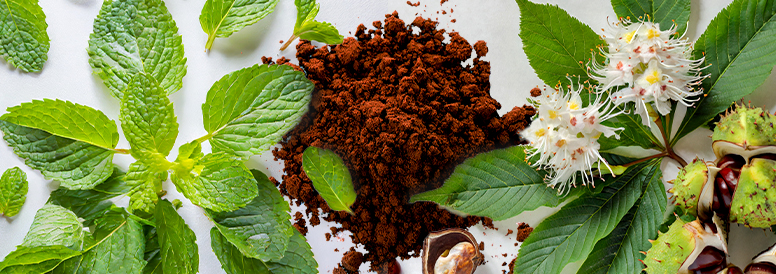Spore-Based Probiotics Sponsored by Atrantil PRO
Successful polyphenolic compounds with clinically studied spore-based probiotics. Microbiologists and clinical gastroenterologists came together to pair these all-natural ingredients to support GI health.
The polyphenols and spore-based probiotics work together synergistically to exponentially enhance each other’s health-promoting effects.
The Polyphenols
Bloating is reduced by soaking up free hydrogen and removing methane-producing archaea from the small bowel. Proanthocyanidin (Quebracho colorado) which is an extremely stable polyphenol. This Parent Polyphenol (containing EGCG, quercetin, urolithin, and more) works as a hydrogen sink, anti-bacterial, and prebiotic.
In addition to the quebracho colorado, two other polyphenols promote a healthy intestinal barrier and microdiversity within the gut microbiome. Conker tree and M. balsamea wild extract help support bacteria in the small intestine, decrease intestinal inflammation, and promote SCFA production.
The Spore Biotics
Multiple studies have shown spore biotics to regulate changes in bowel habits, support intestinal barrier function, and increase microbial diversity.
Bacillus subtilis, Bacillus clausii, and Bacillus coagulans were selected because of their abilities to decrease inflammatory biomarkers (IL-6), LPS signaling, NFKB, TNF-alpha, pathogenic bacteria, and intestinal permeability. In addition, they enrich the quality of bacteria within the gut and support SCFA production.
The Unprecedented Natural Combination
When combining clinically studied spore biotics with three active botanicals—Peppermint Leaf (M. balsamea Willd extract), Quebracho extract, Horse Chestnut (Conker Tree extract), the spores are delivered to the colon more efficiently. Most probiotics don’t survive through the digestive tract. The spore biotics not only make it to the colon, but they are able to detect the imbalances within the microbiome and bring back homeostasis. Their delivery to the colon is enhanced by their transportation via the tannins.
The bacteria strains contain specific enzymes called tannase. Tannase breaks down the tannins present in the polyphenols, releasing bioactive compounds and smaller phenolic molecules.
Quebracho becomes an immediate source of nourishment for the spores to begin their work more rapidly. The post-biotic products that support the health of the body are produced in greater abundance and more quickly.
Optimal conditions for the bioactivity of phenolic compounds by the Bacillus result in increased antioxidant activity and improved microbiome diversity.

